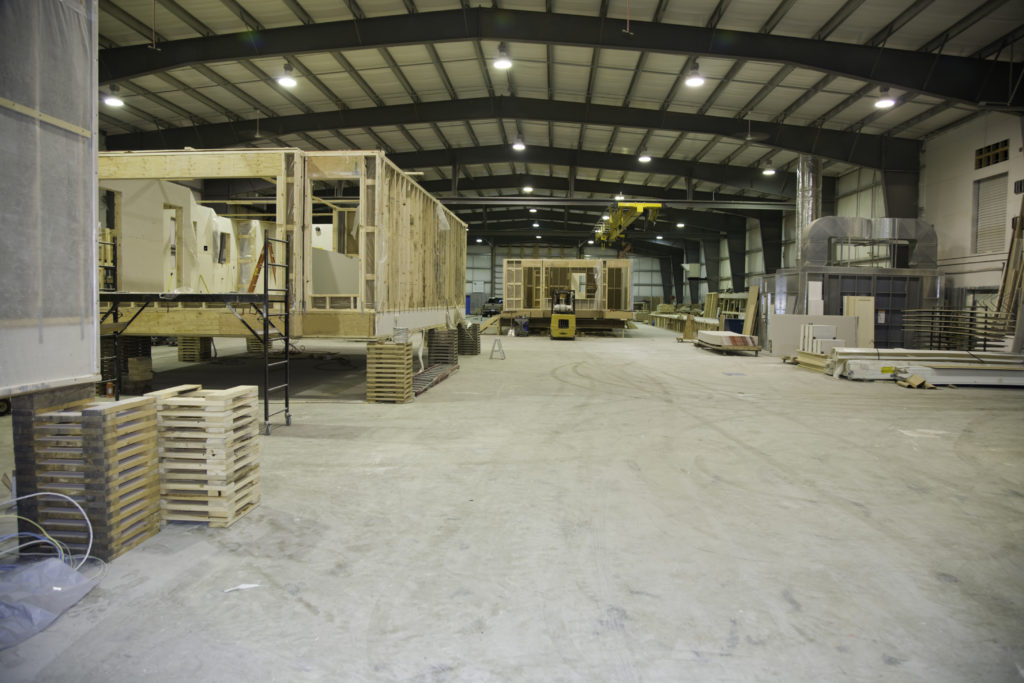Sustainable building and design is something we have been hearing a lot about this past year. With topics such as climate change trending in multiple facets like politics, collegiate lectures, or even just break-room talks, how has sustainability made its way into commercial real estate? Not only is an effort to become more sustainable seen favorably by tenants, but also by many investors, developers, and landlords. Sustainability has proven to not only benefit the environment, but also lower operating costs. So, let’s look at 5 ways sustainable design is making its way into CRE.
1. Green Spaces
Green spaces added to buildings can help with sustainability in a number of ways, as well as provide appealing common areas for tenants. Green roofs, decks, and indoor gardens are all sustainable designs that have made their way into CRE, especially the office and multifamily sectors. Green roofs provide additional benefits such as absorbing rainfall and increasing insulation, which can reduce energy costs and consumption. Indoor gardens can also create an appealing aesthetic for tenants and can cool surrounding air in a process called evapotranspiration.
2. Utility Effeciency
Utility and energy efficiency is another sustainable design that has made its way into CRE. Elements like solar panels, sustainable HVAC systems, and windows help create more effcient and profitable buildings. It lessens the impact on the environment, as well as saves landlords money on utility costs. Using wind or hydro-energy along with solar can also increase a property’s efficiency. Check out this handy calculator on how much money solar saves average homes based on location.
3. Advanced Lighting
Employing advanced lighting techniques also lends to utility efficiency; however, this can be achieved in other ways as well. Daylighting is a technique started in the developmental stages of building. This design strategically places windows, skylights, reflective surfaces and breezeways to light a building naturally. It also reduces energy and can cool a building without the use of AC.
Coupling this with smart lighting that can be controlled remotely can optimize energy efficiency in new ways. According to CCIM Institute “Good lighting design uses as little as 0.5 to 0.75 watts psf fo floor space, compared to lighting loads of 2.5 to 3 watts psf in older buildings. Furthermore, sensors that measure indoor light levels can raise and lower artificial lighting in response to changing outdoor conditions, and occupy sensors turn lights off when not needed.”
4. Government Initiatives
Many cities have pledged to become carbon neutral by 2050 (or sooner) as part of the Carbon Neutral Cities Alliance. These cities include Berlin, Boston, London, New York City, Portland, and San Francisco to name a few. To achieve this goal, many of these cities’ governments have given initiatives to creating more sustainable buildings and converting existing buildings.
Some initiatives include tax breaks, others include penalties for new buildings that do not meet sustainable criteria. Here is a link to the EPA, which includes guides to local and state specifics on various initiatives.
5. Sustainable Building Materials
Developing buildings with sustainable materials sets a standard from the ground up — literally. Using materials like recycled metal, rubber, and glass for structures, wood that bears a “Forestry Stewardship Council” stamp, insulation made from products like cork, woodfiber, hemp, and more can create a sustainable building.
Maintaining our environment is crucial. By adding sustainable aspects in to CRE developers can attract investors, and tenants while potentially lowering costs and energy output.













